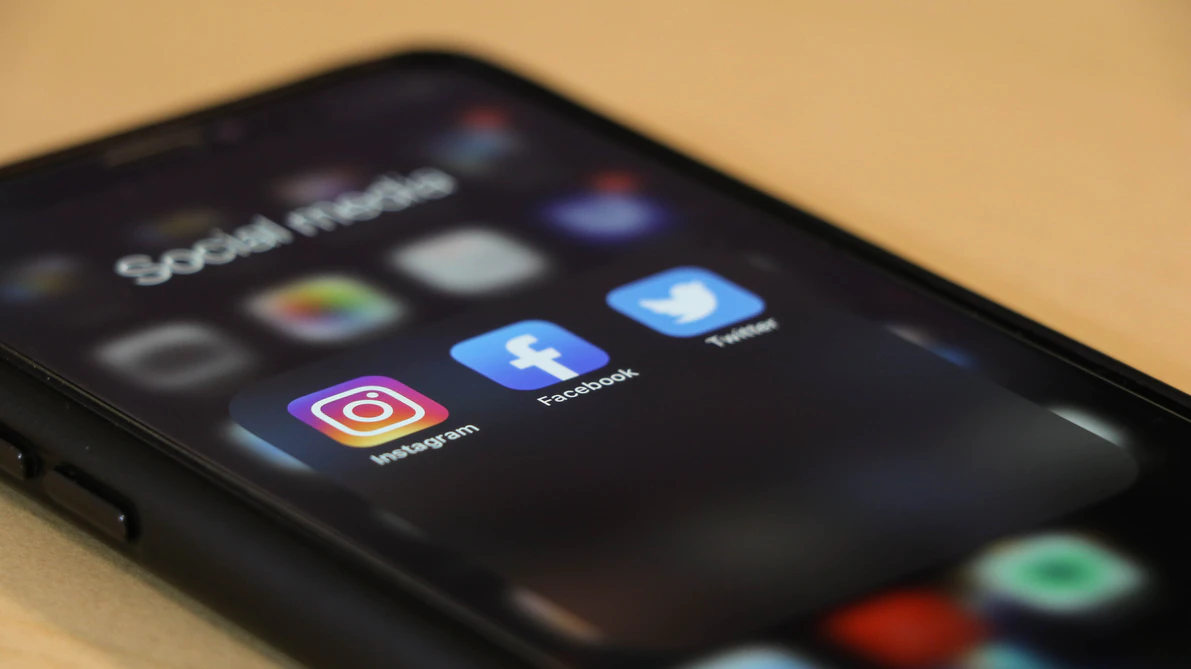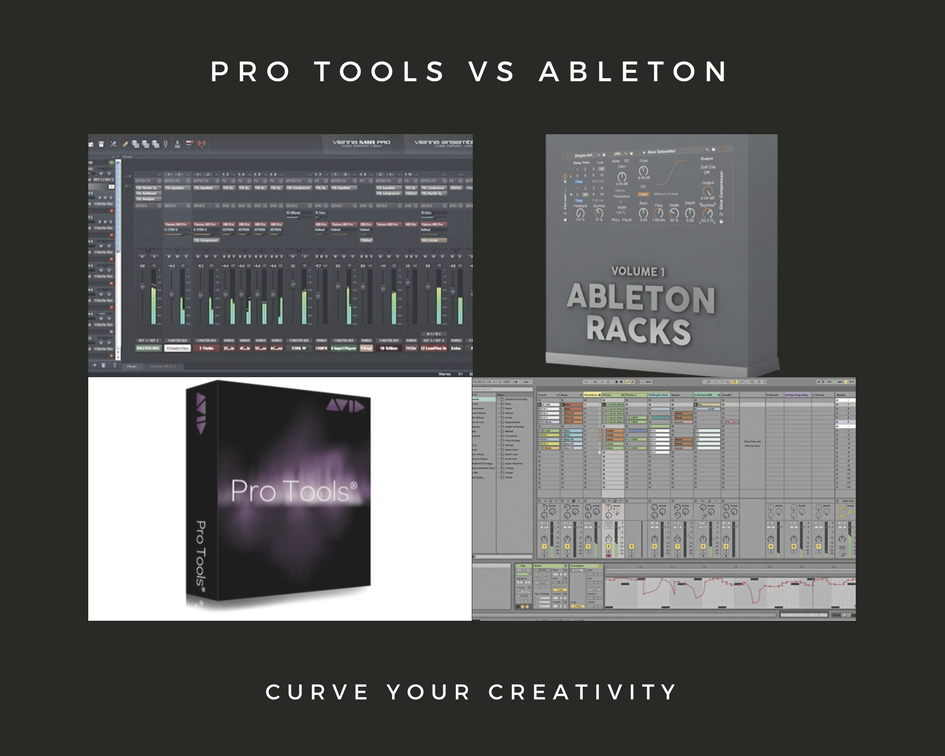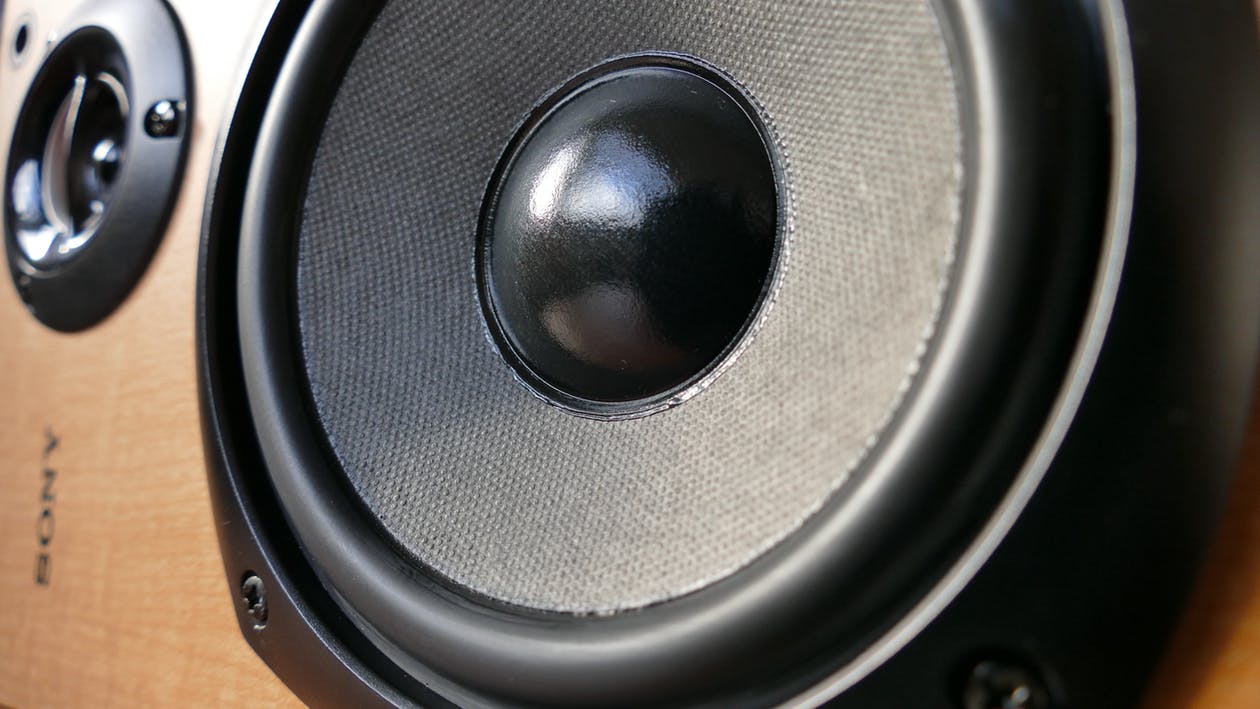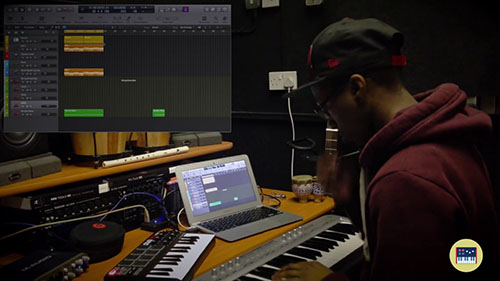Musicians, particularly those who work independently, have one of the most difficult jobs to master. It never seems as though there are enough hours in the day to accomplish all of the tasks at hand, between promoting music, networking, performing (aka “gigging”), and marketing.
Marketing is a crucial element to helping expand your network, build brand awareness, and gaining more exposure. A social media presence is one of the best ways to grow that audience, promote your music and put more butts in seats at your live gigs.
In order to grow effectively, you need to manage your social media wisely. Understanding the best social media platform for reaching your audience, having a consistent posting schedule, and valuable content for consumption are vital aspects of managing your social media. However, social media for musicians can be tricky.
With so many platforms to choose from and debating on the right content to use, it can be challenging to know where to focus your energy. So you might be asking yourself:
- What platform(s) should you post in most frequently?
- What should you be posting that is relevant?
- How often do you post, and how often should you respond to comments/questions?
Where do you even begin?!
Outlined below explains what social media management is, why it is so important for musicians and some of the best practices regarding social media for musicians.
What is Social Media Management?
You must first acknowledge that social media management goes beyond just posting to a platform whenever you feel like it (or whenever something happens). Instead, social media management encompasses multiple tasks, most of which include:
- Creation and curation of regular content online – this spans blog posts on a website, social media updates on your various platforms, videos, stories, and photos.
- Growing your email list – if you don’t have an email list associated with your website or social media, now is the time to start building your audience with one.
- Engagement – you have to connect with your following in some fashion, whether by responding to their comments on your posts, sending out weekly emails to your list, or posting a video answering some of the most asked questions from fans.
- Advertising – you may consider investing in some ad space on a social media platform, which will help target your ideal consumer more specifically. You can also utilize advertising to promote an upcoming musical release, album, live stream performance, or product (merch).
- Partnerships/Sponsorships – you might also want to consider pitching to various companies, music schools, or brands that can help to promote your music or monetize your social media by taking on sponsorships, workshops, and online collaborations.
Reputation management in social media is just as essential as the management itself. You have to ensure that you are always putting your best face forward and are keeping a solid, positive reputation.
With all this, it is easy to understand why undertaking your social media management on your own can be so hard to take on. Alex W. a composer and a professional piano teacher at NYC based Music To Your Home states that while he manages his regular income flow through teaching piano, alternatively he is passionate about music composition and has been trying to build his profile. He has realized that besides skills it’s equally important to put his work out there through social media channels to grow as he scales up.
For that same reason, many up-and-coming musicians who want to focus solely on their craft of composing, recording, and performing music will hire a social media manager to assist them with all of these various tasks while they can focus on their primary job or income source while developing their skills. It helps them focus on their In some cases, your budget may allow you to take on a part-time social media manager and alleviate that workload from your busy calendar.
What is a Social Media Manager?
A social media manager is a person whose goal is to optimize your social media presence through creating and overseeing postings, engagement, branding, marketing, and advertising campaigns for your business. The role of a social media manager covers all of the bases required for social media management:
- Creating content (this includes photos, captions, and “call to action” copy)
- Establishing your brand (for musicians, this is usually by watermarking original and creatively produced content with your logo for recognition)
- Manage Community (anyone who likes and follows your platforms, signs up for your email list, or purchases from you will be prospective candidates to create a loyal following, providing feedback to help improve your status)
- Search Engine Optimization (understanding and developing successful SEO, including keywords and hashtags, to ensure visibility and exposure across all channels)
- Analytics & Tracking (understanding algorithms, being able to analyze campaigns to see what is successful and identify characteristics of your audience, as well as locating the best platforms to drive more growth)
The average salary for a social media manager depends on your location and probably the experience of the manager as well. Mid-level experienced social media managers make on average around $52k per year. A starting salary is usually around $30-$35k, but this is more for full-time management. Chances are, if you are just starting out utilizing a manager, you might only want them to work a couple of hours a day. Hourly rates differ depending on how well-versed they are in social media, and you can negotiate based on your budget allowance. Just keep in mind, you should not expect the highest quality management if you are not willing to pay for it.
Why is Social Media Management so Important for Musicians?
In order to understand why social media plays such an integral role as a musician, you must understand your business goals. Many musicians aim to curate a large fanbase so that they can reach fame. Though this is not always the case, musicians understand the importance of having an audience to survive. Social media is one of, if not the best, way of gaining that audience.
Consider that your audience will be watching social media, no matter your musical style or genre. Therefore, your status as a professional musician can be determined by your social media presence. With the music industry being such a competitive market, having a unique profile across your social channels will indicate that you are above amateur status.
Social Media Tips for Musicians
Promotion is key to social media; as in, you always need to promote or build hype around an upcoming event. For musicians, this could be a multitude of things, such as a new album release, event, tour, merchandise you can sell, a talent contest, and more. Whatever the end goal is, you need to develop your strategy around each outcome.
SOCIAL MEDIA PROFILE
Having a clean and optimized profile should be a top priority when you begin to manage your social media. Some ideas to help to ensure that your profile stands out and looks professional:
- Consistently updating the link in your bio to include any new promotions (songs, album release, merchandise, tour, etc.)
- That your photos are consistently sized correctly, and
- That all information is frequently updated and accurate.
Make sure you cover all bases across your channel, such as cover photos, banners, and be sure to include your SEO – keywords and hashtags – in every post. If you are taking care of your own social media, you can look to other musicians in your similar style or genre who are successful across platforms to give yourself a good idea of how to structure your profiles.
SOCIAL MEDIA CONTENT
Promoting your music is all about giving your audience what they want. Your content aims to provide your audience with anything and everything that is going on with you. Sometimes, it can help to be more relatable and create posts that are “off the beaten path” of your music, giving them snippets into real-life happenings or “behind the scenes” excitement.
Algorithms are ever-changing, so rather than figure them out, the best approach is to work to grow your following organically. You do this by posting valuable and helpful content, engaging with every comment you receive, and commenting on others’ posts. The goal for your content is so that anyone visiting your channel will know what is going on.
You can also utilize creative promotions and sales as postings to let your audience know where to purchase things like merchandise or your music. Doing live streams where you can shout out to those watching is also a great way to help your fans feel special when acknowledged. Encouraging them to tag you or repost your content is another way to broaden your outreach and develop a loyal following.
SOCIAL MEDIA NETWORK
Consider generating other income streams with your musicianship to increase your social standing and following. For example, you could submit your music to a musician licensing agency, where you can expand your network through their music library and build relationships with producers and creatives who license your music and then utilize you for future projects. You can also submit your music to blogs and music-specific sites where you might get a feature.
Another example might be collaborating with other musicians, creating either a debut single or performance together where you could tap into their fanbase and gain more visibility. One last tactic could be tagging other brands, venues, or fellow musicians directly on your social media, where their following may be enticed to check out your profile.
VIDEO
If you are not already set up on YouTube, you need to make this another priority in your social media game. Though it is not specifically a platform, many people use it, and video content is one of the most widely consumed methods of advertising that is making an impact across the market.
You may be tempted to promote your music through a more music-specific site like SoundCloud or Bandcamp – but having your music present on YouTube will reach many more people. To boost your following from the get-go, you can start by covering well-known songs since that will be an excellent gateway to exposure for you to promote your original compositions.
Make Social Media Management a Priority
Musicians are busy people, and with a full calendar, it can be highly challenging to carve out time to do social media management since it seems like such a waste. But, the truth is, your social media is an excellent way to develop your musicianship through relationship building and growing your audience by leaps and bounds.
If you do not have the time to work on your social media management, consider hiring a part-time manager. They can help you develop a regular posting schedule, determine and hone in on the best social media platform for you to grow, develop engaging and impactful content, and help you to create advertising campaigns based on upcoming releases, tours, and more. Don’t delay in getting your social media under control so that you can effectively grow as a musician and gain the exposure for your music that it deserves.








